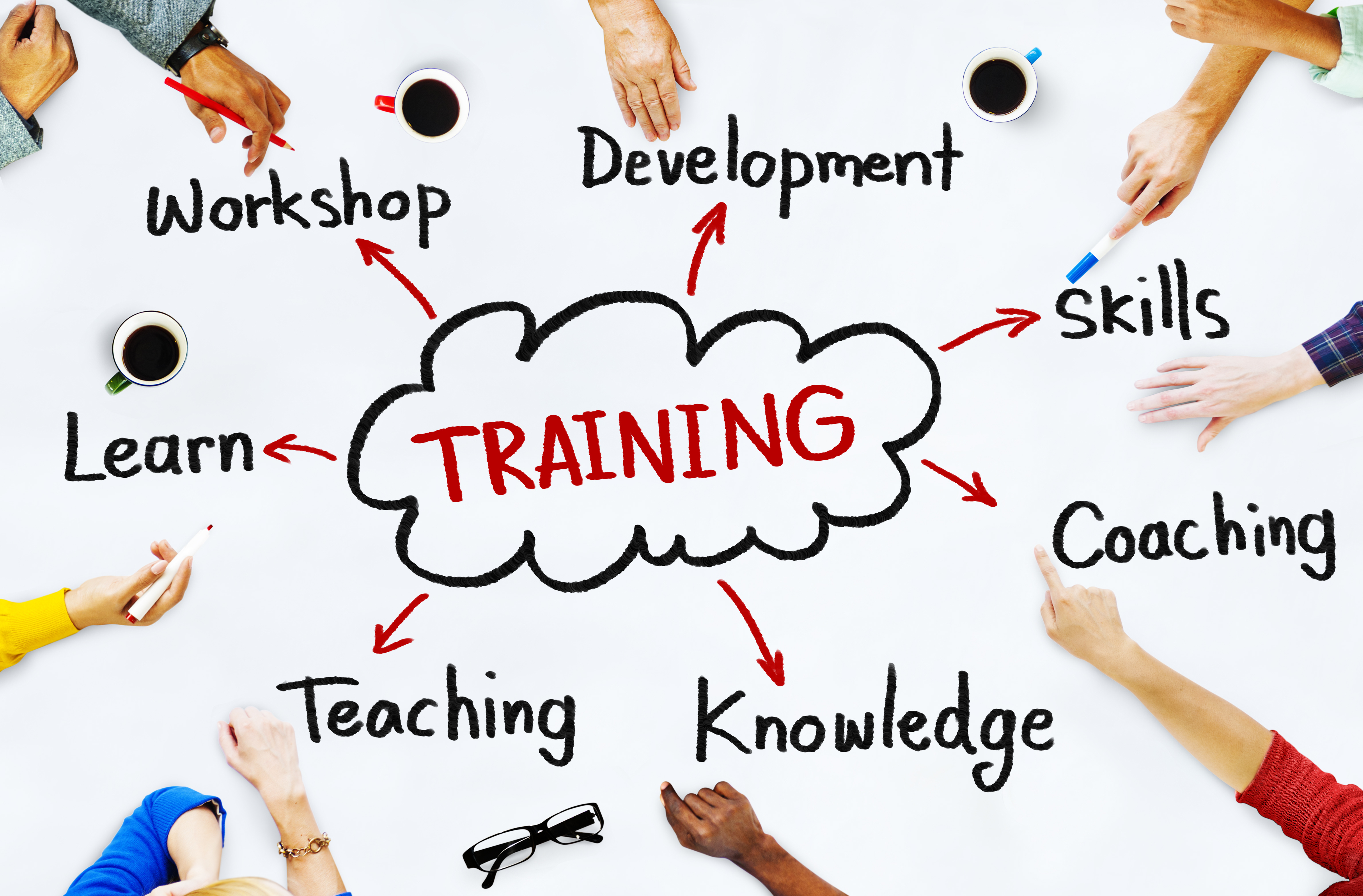INTRODUCTION TO EDUCATIONAL TECHNOLOGIES
The Educational Technologies unit covers the knowledge and application of digital tools and systems that support teaching and learning. The main areas of study include:
-
Introduction to Educational Technology – Meaning, importance, and role in modern education.
-
Types of Educational Technologies – e-Learning platforms, virtual classrooms, multimedia tools, mobile learning, and digital assessments.
-
Learning Management Systems (LMS) – Use of platforms such as Moodle and Gnomio to manage online learning.
-
Instructional Design and Multimedia Integration – Creating and using digital content such as videos, presentations, simulations, and interactive lessons.
-
Online Communication and Collaboration Tools – Use of emails, discussion forums, video conferencing, and collaborative documents.
-
Digital Pedagogy and Blended Learning – Combining face-to-face and online methods for flexible learning.
-
Assessment and Evaluation Using Technology – Designing and administering online tests, quizzes, and feedback tools.
-
Emerging Trends in Educational Technology – Artificial Intelligence, virtual reality (VR), gamification, and mobile learning.
-
Ethical and Responsible Use of Technology – Digital citizenship, online safety, and copyright issues.
Skills Learned in the Unit
By the end of the unit, learners are expected to acquire the following skills:
-
Digital literacy skills – Confident use of computers, mobile devices, and online tools.
-
Instructional design skills – Ability to create and organize digital learning materials.
-
Communication and collaboration skills – Effective use of digital platforms to share ideas and work in teams.
-
Problem-solving and critical thinking skills – Using technology creatively to address learning challenges.
-
Online facilitation and classroom management skills – Managing virtual learning environments and engaging learners online.
-
Assessment and evaluation skills – Creating and administering online quizzes, assignments, and feedback tools.
-
Research and innovation skills – Exploring new technologies and applying them to enhance teaching and learning.
-
Ethical and responsible ICT use – Understanding safe, legal, and ethical online behavior.
- Teacher: Admin User



